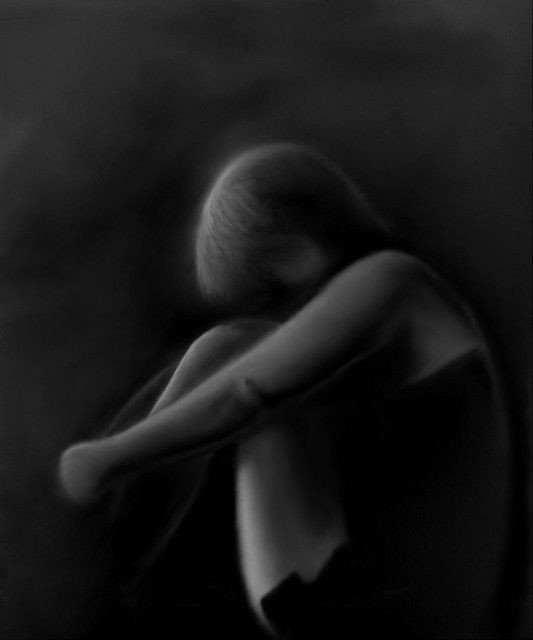Stigma Of Mental Illness: Families Are Often Embarrassed By Mentally Ill Relatives, Says New Study

Family support is widely discussed as a beneficial factor in helping people with illnesses cope and even recover from serious illnesses. However, a recent study carried out by Spanish researchers has revealed that when it comes to illnesses, some types of illnesses are less likely to evoke empathy and more likely to evoke shame than others. Specifically, the research suggests that mental health conditions such as alcoholism and depression are more likely to be accompanied not by familial support but by family shame and embarrassment.
The study, which was published in Psychological Medicine, is based on mental health surveys conducted by the World Health Organization, which assessed attitudes regarding illness in more than 16 countries including Spain. The study estimates the degree to which a family member might feel embarrassed when a close relative is suffering from a general medical health condition versus their level of embarrassment when a close relative is suffering from alcoholism, drug addiction, or a mental health condition.
The study found that both mental and physical illnesses take a toll on a family, but that mental illness was significantly more likely to feel a stigma associated with their family member's illness. The study is unique in that most previous studies have focused on how the sick individual felt, or the overall society's attitude towards illness. This is the first study of its kind to look at attitudes on the family level.
The authors say that based on the study's conclusions — which take into account the cultural context of each country surveyed — that anti-stigma campaigns around mental illnesses should include relatives within their target audience.



























